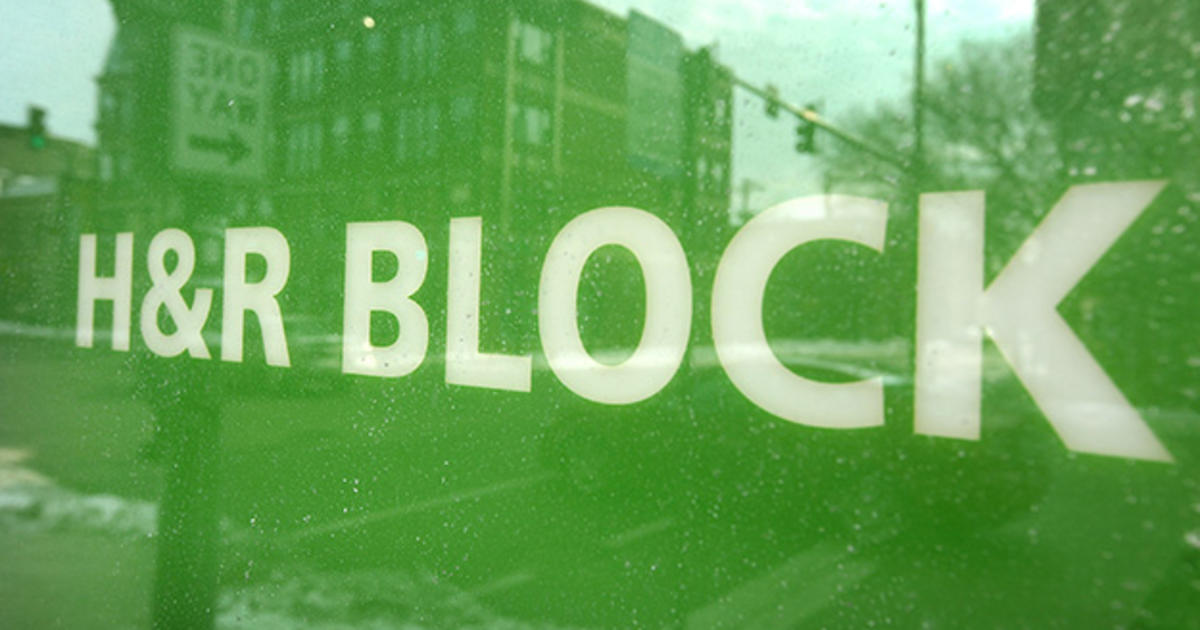Crying on the job? You're not alone, with 8 in 10 workers shedding tears
- 8 in 10 workers admit to crying at work, with almost half of those saying bosses or colleagues had driven them to tears.
- About 14% of workers say they cry at least once a week, and sometimes every day.
- Crying at work can be a sign that something is wrong, such as workplace bullying, and should spur workers to make changes like looking for a new job, career experts say.
It turns out that misery has company — lots of company. More than 8 in 10 workers admit to crying at work, with almost half of those saying they were driven to tears because of their bosses or colleagues, according to a new survey from career site Monster.com.
The question of whether people cry at work was sparked by Monster's earlier research that found a majority of workers have held jobs they didn't feel were a good fit for them, Monster's chief marketing officer, Jonathan Beamer, said in an email.
"The results show that there are multiple factors—a toxic boss or co-worker, or a heavy workload—that can make people cry at work, providing further proof that American workers are suffering," Beamer noted.
Even though a majority of workers say they've cried at work, it's likely they are closing the door of a conference room or taking a moment in the restroom to shed their tears, noted Monster career expert Vicki Salemi in an interview. Crying in the workplace still carries a stigma, she added, because some see it as a sign of weakness.
But if you find yourself crying at work, don't ignore the fact it may signal deep issues with a toxic workplace or a problem like being overworked, she added.
"If someone else sees you, it's not 'game over,' " she said. The more important challenge is to "do an internal check-in: 'Why am I upset?' Get to the root of it, then figure out the solution."
Why people cry at work
More than 45% of respondents who said they cry at work blamed bosses or colleagues, Monster found.
Personal issues were a distant second, with about 19% of workplace weepers blaming problems at home or in their non-workplace lives for following them through the office door.
Another 16% said their workloads had caused them to cry, suggesting many people may feel overwhelmed at work, Salemi said. If that's the case, consider talking with your boss about how to lighten your workload, she said.
Another 13% blamed bullying at work, the survey found. The other causes were a client or an error at work, the survey said.
Workers who are in toxic environments and decide they need a new job should keep those issues top of mind when they interview at potential employers, Salemi noted.
"Watch the work environment — what is the body language like," Salemi said. And to help get through a bad situation at a current job, remember that the jU.S. ob market is promising these days, with low unemployment and high employer demand for the right skills. Your current job misery, she noted, need only be a temporary thing.



